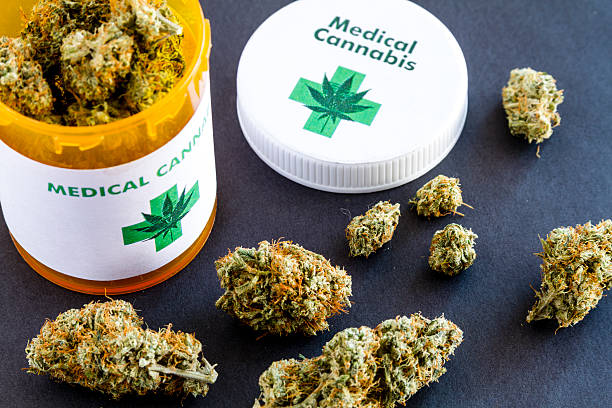In a surprising move toward supporting research exploring the potential health benefits of cannabis, the Food and Drug Administration authorized a clinical trial to test the safety and efficacy of using marijuana to treat military veterans with post-traumatic stress disorder, a study it denied just a few years back, according to an F.D.A. letter obtained by The New York Times.
Back in 2021, federal health officials declined to sign off on the study, saying that allowing patients to smoke high-potency marijuana posed an unjustifiable risk to their health in a written response to the trial proposal. The agency also objected to the suggestion that patients would be allowed to consume as much cannabis as they found useful to ease their symptoms, up to a daily limit.
A spokeswoman for the F.D.A. said she could not provide details about what led to the approval, but that the agency “recognizes that there is great need for additional treatment options for mental health conditions such as PTSD.”
Drug policy officials have said the decision indicates a shift in federal health regulators seeing more value in medical marijuana use, as they have historically prioritized research on the harms of cannabis rather than its therapeutic and recreational benefits.
“There’s this blind spot in our system of drug development and regulation that has created a scenario where one of the substances people use the most is actually the least well understood,” Shane Pennington, a lawyer who specializes in drug policy, told The Times.
As the legalization of cannabis has grown more common amongst states in recent years, the subsequent tax revenue has left funds to expand studies into marijuana’s efficacy for therapeutic uses. Earlier this month, Nebraska became the 39th state to legalize medical marijuana. Now, twenty-four states, and the District of Columbia, allow recreational use.
Until recently, there were numerous barriers for researchers to get approval to use marijuana from state-licensed dispensaries in their studies, leaving them to depend on a federal government-sanctioned lab that scientists have criticized for providing low-potency and sometimes moldy weed. Pharmaceutical companies that spend billions on the development of other drugs have also shown little interest in funding cannabis studies since the plant cannot be patented the way newly discovered medicines can.
“The suppression of research into cannabis has been part of the drug war strategy to not have anything good said about certain drugs that are criminalized in order to keep support up for the war on drugs,” said Rick Doblin, the founder and president of the Multidisciplinary Association for Psychedelic Studies, a nonprofit advocacy group that seeks to legalize the use of drugs and is running the veterans marijuana study.
In recent months however, the federal government has shown interest in allowing and funding medical marijuana research, while the Biden administration proposed downgrading cannabis from Schedule I, the government’s most restrictive category of drugs, in May. Officials say President-elect Donald Trump’s administration also seems to be open to creating more reformed legal and regulatory conditions for cannabis.
Medical marijuana use among veterans has increased in recent years, according to the Department of Veterans Affairs, which encourages clinicians to discuss cannabis use with patients, but prevents them from encouraging or providing resources for them to get a medical marijuana card.












